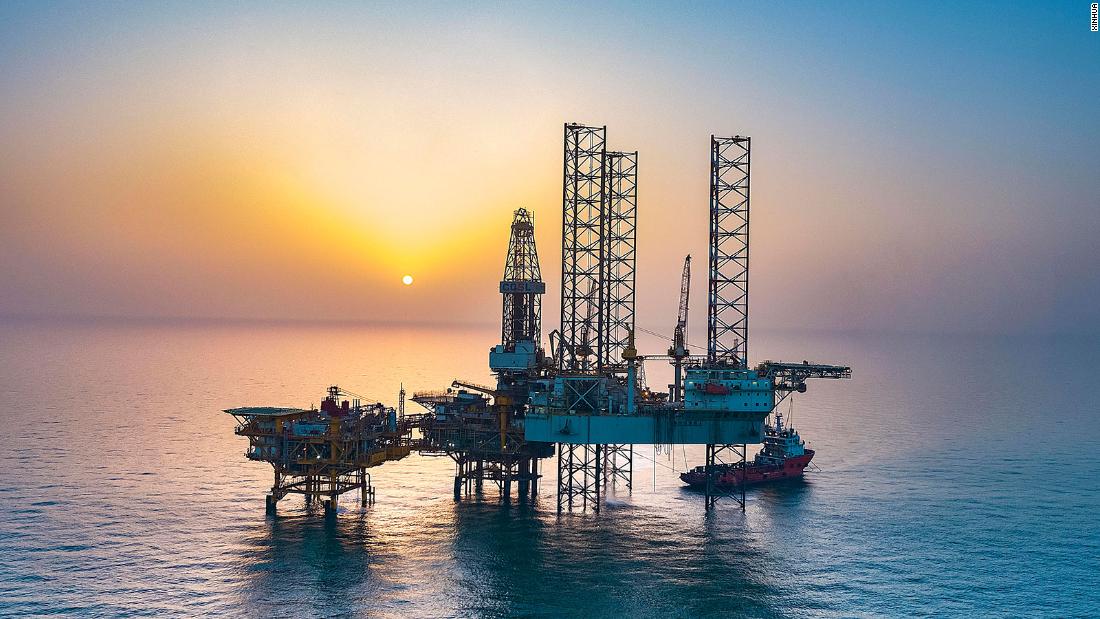The State Bureau of Grain and Material Reserves said Thursday evening it would release crude oil from its national reserve in batches. He intends to sell the oil to refining and petrochemical companies.
“Placing national reserve crude oil on the market through open auctions will better stabilize domestic market supply and demand and effectively ensure national energy security,” the office said in a statement, adding that the release of oil “would ease the pressure of rising raw materials.” prices for production companies.
Oil prices fell to their lowest level in two weeks on Thursday after China’s announcement. Brent, the global benchmark, fell 1.6%, while US oil fell 1.7%. They rallied slightly, last trading at $ 71.85 and $ 68.45 per barrel, respectively.
The government has not said how much oil it will ultimately sell, but hoarding barrels is essential for China. The country relies heavily on foreign oil to fuel its economy and has worked for years to bolster its emergency stockpile of oil reserves. China doesn’t release much data on its oil reserves, but said in 2017 that it had established nine major reserve bases in the country, with a combined capacity of 37.7 million tonnes.
The country has also said it wants to have 85 million tonnes of oil in its emergency stockpile by the end of 2020, which is almost as much as the United States keeps in its strategic oil reserve – the most. large reserve of relief oil in the world.
But the Chinese economy is currently struggling with several headaches. Inflation is skyrocketing and the country’s producer price index hit a 13-year high last month, driven by rising commodity prices. Energy costs are also skyrocketing and demand is so high that some provinces have even experienced power shortages.
Despite Beijing’s efforts to contain soaring costs, factory inflation remains high. The government has warned that the high costs of raw materials such as energy and petrochemicals would exacerbate the growth and employment challenges faced by manufacturers, especially small and medium-sized businesses.
Rising prices are also complicating any effort the government might consider to prevent an economic slowdown with increased fiscal and monetary support. An expansionary policy designed to support growth, such as increasing public spending or increasing the money supply, will only further increase inflation.
The Chinese economy has already been rocked by other problems, including an outbreak of the Delta coronavirus variant and the shipping crisis.
An official survey of manufacturing activity last month showed the lowest growth rate since the start of the pandemic, while a private survey showed the first contraction since April 2020. Service industries have also suffered, the official non-manufacturing survey recording the first contraction since February 2020.
